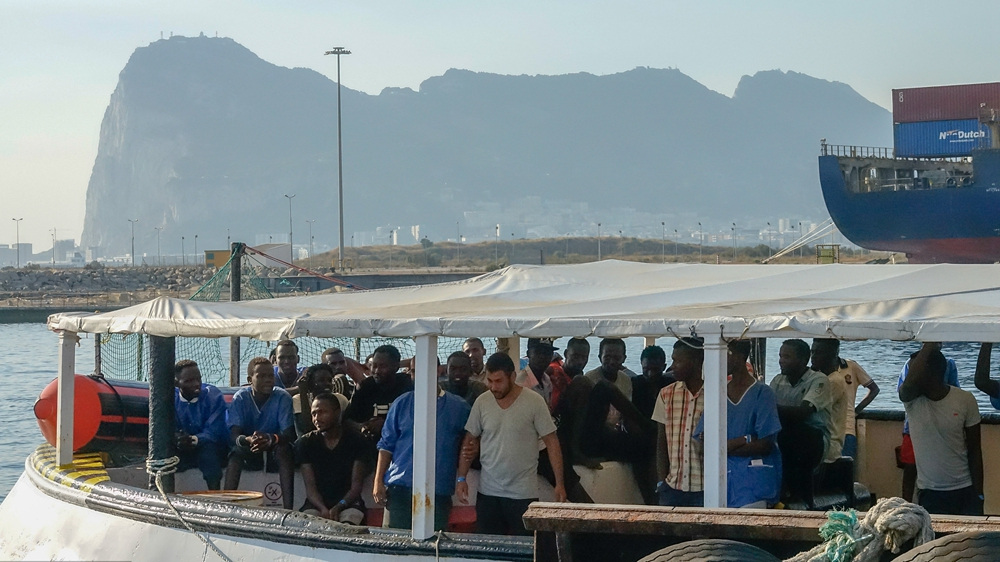A deepening crisis: Migration across borders in Europe

The migrant crisis in Europe has once again taken up many headlines in 2018.
When Italy tightened its borders in June to stop the rescue vessel Aquarius from docking, criticism poured in. Meanwhile, border control issues for migrants to Germany is severely threatening the unity of its coalition government. Elsewhere, Hungary took legal action to criminalize those who aid migrants, while Spain has overtaken Italy to become the main port for illegal migrants from Africa.
Migrant arrivals and refugees to the EU this year have reached 76,000, according to statistics from the United Nations. It's peaked since the arrivals soared to more than 1 million in 2015.
Intense wrestling between EU members over how to handle the influx has undermined unity within the bloc, leading to the rise of populism and anti-immigrant parties throughout the EU.
Southern European countries such as Italy and Greece have been the hardest-hit by fresh crises at their doorsteps, where fences are stormed, overcrowded camps are bursting at the seams and boats full of people are stranded at sea.
More than 2,000 migrants have died so far this year. Nationalists, protectionists, and humanists have taken to the issue to argue for a "brighter future" for Europe, with multiple related social issues and debates rising while the number of migrants and refugees are plummeting.
The war of words never ends as the issues divide the continent's politics and public.
In the middle of this year, Italy and France embarked on a war of words over the fate of a ship carrying over 600 rescued migrants, even as Spain finally offered a safe haven for the refugees.
French President Emmanuel Macron, during a cabinet meeting in June, accused Italy of "cynicism and irresponsibility" over its actions to refuse the acceptance of migrants. Italian Deputy Prime Minister Luigi Di Maio, then, hit back at Paris, quickly saying "let them open their ports and if they want, we can send them a few people."
Read more:
The controversy, however, did not stop the quadrennial grand sports event from taking place this summer. While voices demanding stricter migration policies and tighter borders have grown increasingly loud in Europe, much of the continent – and the world – has also been cheering on teams at the 2018 FIFA World Cup, whose stars include players with migrant backgrounds.
Out of 736 players at the start of this year's tournament, 13.2 percent were foreign-born, more than ever before, according to statistics portal Statista.
The list of players with migrant backgrounds goes on, including Denmark's Pione Sisto, Switzerland's Valon Behrami, and France's Blaise Matuidi. However, players' backgrounds seemed to make little difference to football-crazed fans, who have rallied behind their national team regardless of birthplace or country of origin.